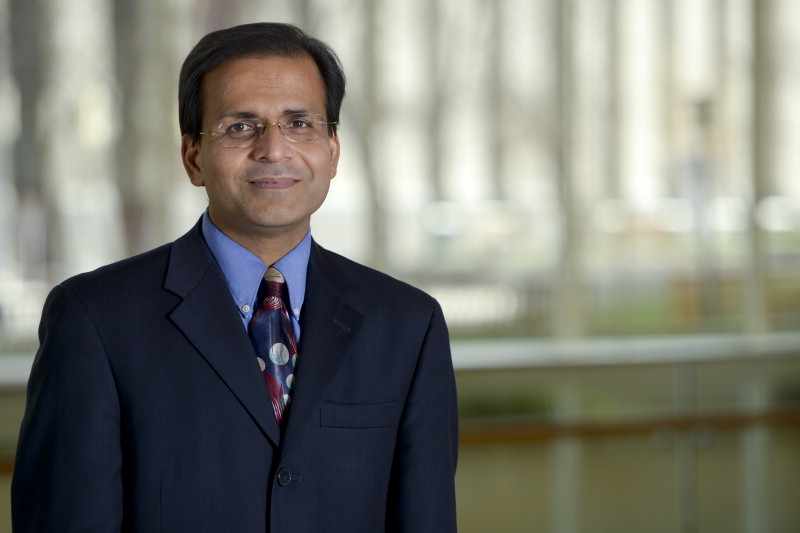-
Something to Think About: Facts are opinions

Dr. Amit Sood says, "Wisdom lies in asking deeper questions and, through search for the answers, becoming a better human being."
Dear friend,
Myths are widely held beliefs often related to the supernatural. Many myths are totally imaginary, while others are created to explain perceivable sensory experiences. Myths serve several very important roles. They connect us, provide shared beliefs, enrich our lives, and give us a reason to cooperate. Scientists believe that collective myths provided the glue that connected millions of people together so they could live in relative peace in big cities. Myths have thus played, and will continue to play, a critical role in the creation of just and peaceful societies.
Some myths are deeply comforting, dispelling our fears—such as the myths of fairy godmothers, angels, and friendly genies. Other myths increase our fears—such as the idea of the great flood that will drown the whole world, epic wars, dragons, vampires, and the apocalypse. Myths can be extraordinarily cute—my personal favorites are the myths of Santa Claus and the tooth fairy.
Santa Claus and the tooth fairy were real for our six-year-old, until she realized they were us, her parents. When she totally believed in Santa Claus and the tooth fairy, no evidence would convince her otherwise. Her happiness was invested in their being real. Evidence to the contrary would have challenged her sense of self.
Similar to our six-year-old, I have no doubt I carry countless beliefs I consider facts that are in reality just myths. Some are helpful and others less so. I won’t become aware of the truth until I acknowledge my ignorance.
When we are locked in the certainty of myths, because they either dispel fears or create collective fears (which is one way to control others), the truth evades us. The first step to knowledge is to admit I don’t know. The wisest among us are the ones most convinced of how little they know. Knowledge to them is like a river. It keeps flowing. Facts start as opinions, become facts, and then again become opinions. With enough repetition, wise people see facts as placeholders with different levels of certainty, which never reach 100 percent. That makes them flexible—open and flexible.
My facts don’t have to be your facts. Maybe you are already a step ahead. I should shed my arrogance. Instead, I should open my gates of humility so I can learn—through opinions and facts—a thing or two about the learner. With humility I should ask deeper questions, such as, how was this world created? Or even more importantly, why was this world created?
The search for the answers will take you to the deepest place within you, deeper than where science and philosophy can go. While the ultimate why may be unanswerable, perhaps the magic may not be in finding that answer at all. The magic may be in searching for the answer, and through that search, becoming a humble, kind, gentle, and virtuous human being who embraces universal compassion.
May you ask deeper questions and search for deeper answers, and through that search, become a humble, kind, gentle, and virtuous human being.
Take care.
Amit

Read previous blog posts and follow @AmitSoodMD on Twitter.







